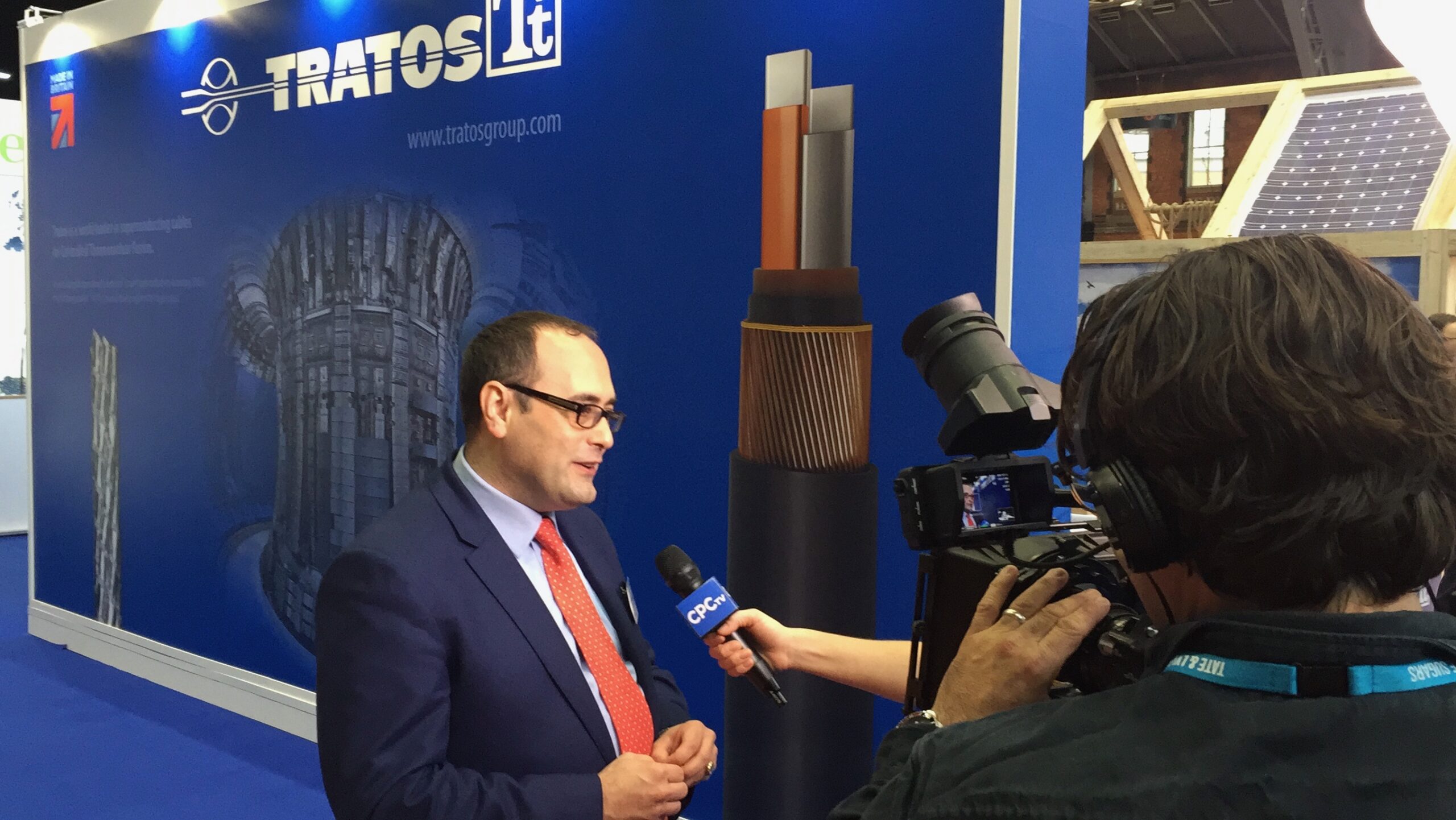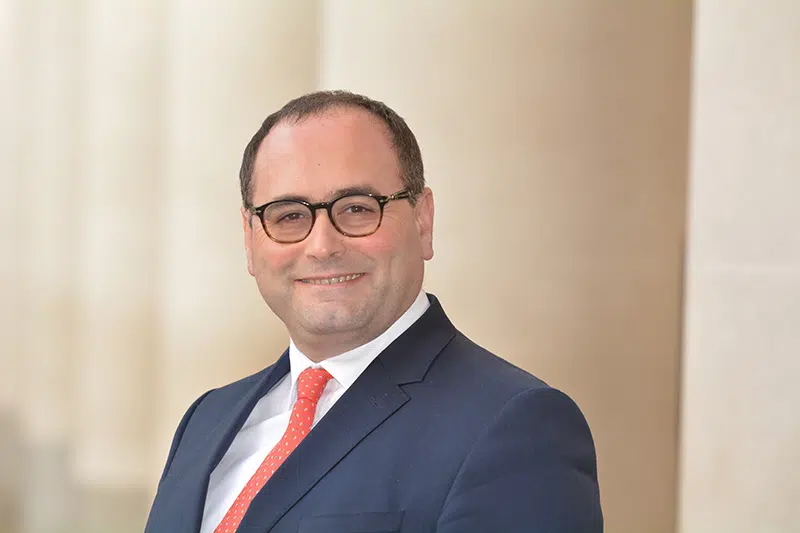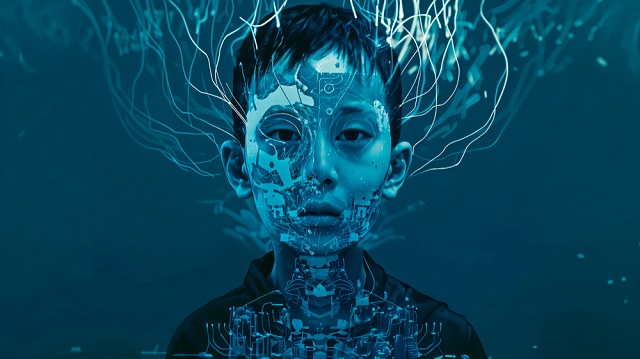In an era where leadership is often measured by quarterly results and market share, some visionaries take a longer view—seeing business not merely as a vehicle for profit, but as a platform for positive transformation. At this critical intersection of commerce, diplomacy, and social responsibility stands a remarkable leader who believes that success is meaningless unless it is shared.
Prof. Dr. Maurizio Bragagni has never confined himself to traditional boundaries. From cable manufacturing to international diplomacy, from academic leadership to philanthropic innovation, he has consistently worked to forge connections between seemingly disparate worlds. His journey reflects a profound understanding that in today’s interconnected landscape, lasting impact requires more than specialized expertise—it demands an ability to build bridges across disciplines, cultures, and communities.
From Industrial Leadership to Global Influence
As the CEO of Tratos, a global leader in cable manufacturing with deep historical roots, Prof. Bragagni has transformed an industrial enterprise into a champion for sustainability and innovation. What began as a company focused on recycling copper and maximizing raw material efficiency has evolved, under his leadership of more than two decades, into an organization where circular economy principles are embedded in every aspect of operations.
“Sustainability has never been a marketing slogan for us—it’s part of our DNA, deeply embedded in Tratos’ origins,” Prof. Bragagni explains. “The company was originally founded with the intent of recycling copper and making the most efficient use of raw materials, which are at the heart of our industry. In many ways, our commitment to the circular economy is not a recent trend—it’s where we began.”
This foundation in sustainable industrial practices has informed his broader work in international trade and economic policy. As a British Manufactured and Consumer Goods Advisor involved in the UK’s trade negotiations, Prof. Bragagni brings practical knowledge drawn from real-world experience to shape policy frameworks that balance commercial growth with environmental responsibility.
“I firmly believe that global trade has fostered peace, prosperity, and mutual understanding among nations,” he reflects. “History shows that when countries trade, they are more likely to collaborate than to enter into conflict.” This perspective has led him to advocate for innovative approaches to sustainability in trade, including a proposed reform of carbon tax systems that would incentivize companies to reduce their total carbon footprint across manufacturing, logistics, and recycling.
His expertise in bridging industrial innovation with policy standards was evident at the recent BSI Smart Cities Exchange in Edinburgh (October 2024), where he spoke about the critical role of infrastructure—particularly hybrid fiber-optic and electrical cables—in enabling smart city technologies. “Despite the technical feasibility, a unified international standard for these hybrid cables does not yet exist,” he notes. “This gap is limiting widespread adoption of technologies that could vastly improve energy efficiency, data flow, and city management.”
Education as the Foundation for Leadership

Few influences have shaped Prof. Bragagni’s approach to leadership more profoundly than his education at Bayes Business School, an experience he credits as “one of the best decisions of my life.”
“It didn’t just shape my thinking—it shaped me,” he shares with genuine appreciation. “Without Bayes, I truly believe that nothing I’ve achieved would have been possible. The experience gave me not only knowledge and perspective, but also friendships that have lasted and grown with me through the years.”
Prof. Bragagni specifically acknowledges the impact of mentors like Professor Ajay Bhalla, Paolo Aversa, Gianvito Lanzolla, Michael White, and Paolo Giudici, each of whom contributed to his worldview and leadership philosophy. “They taught me to look beyond immediate outcomes and think in systems, to challenge assumptions, and to lead with a balance of logic and heart.”
This transformative educational experience has come full circle, as Prof. Bragagni now holds multiple academic and advisory positions himself, including at Bayes Business School. These roles keep him “grounded in critical thinking, open dialogue, and continuous learning,” forcing him to “test my own ideas, to remain curious, and to stay humble—because even after decades in leadership, we are all still students.”
His belief in the power of education extends beyond his personal journey to his vision for global development. Through Esharelife, the foundation he established, Prof. Bragagni has made education the centerpiece of efforts to create sustainable change in disadvantaged communities worldwide.
From Personal Connection to Global Impact
The genesis of Esharelife reveals much about Prof. Bragagni’s leadership philosophy—it began not with a strategic plan but with a human connection. “Esharelife was not born in a boardroom—it began with a moment of human connection and compassion,” he explains. “Together with my friends and family, we saw a need: we needed to help Antonino and his children in Africa, who were facing incredibly difficult conditions with very limited access to education and opportunity.”
What started as a personal act of solidarity quickly evolved into a foundation with a clear mission: “to share life in the digital era.” This mission reflects Prof. Bragagni’s belief that technology and innovation should serve humanity, not just drive profits.
“From the very beginning, education has been at the heart of our work,” he emphasizes. “As someone who deeply believes that we are all eternal students, I know that education is the key to human dignity and sustainable progress. Without access to knowledge, people remain excluded—from the economy, from innovation, and from shaping their own futures.”
This focus on education as an enabler of human potential aligns closely with his perspective on leadership development. For Prof. Bragagni, leadership is fundamentally about service, not status—a philosophy he articulates through what he calls “the three Ps: Patience, Prayer, and Perseverance.”
Leadership as Service: The Three Ps Philosophy
In navigating the complex intersection of business, diplomacy, and social impact, Prof. Bragagni has developed a leadership framework that transcends conventional management theory. At its core is a profound commitment to service.
“Leadership is not about power—it’s about responsibility,” he asserts. “As I often say, a true leader is a servant. You lead not by authority, but by example, humility, and a commitment to serve others, from employees and customers to society at large.”
This servant leadership approach is animated by what he calls the three Ps: Patience, Prayer, and Perseverance. “Patience, because true leadership means understanding that progress takes time, and relationships—whether diplomatic or commercial—must be built, not imposed,” he explains. “Prayer, not only in the spiritual sense, but as a form of humility: the ability to ask, to listen, and to approach others with respect and reverence, not arrogance. Perseverance, because setbacks are inevitable. Success comes not from perfection, but from the strength to rise again and again, always with purpose.”
Prof. Bragagni frequently invokes the phrase “the merit of one is the glory of all” to express his belief that success must be shared rather than hoarded. “The role of the CEO is to elevate others, to create a culture of inclusion and excellence where achievement is collective, not individual,” he states. This philosophy extends beyond the boardroom to his vision for how business, education, and diplomacy can work together to address global challenges.
To illustrate the essence of leadership, he shares a Chinese anecdote: “In a group walking in single file through darkness, the man at the front carries a lantern. But the light is not for himself. It’s to illuminate the path for the person behind him. He walks in faith, not for recognition, but to guide others. And importantly, he is tied to the group with a rope. If he stumbles or falls, the group pulls him back—because leadership is never solitary.”
Bridging Different Worlds Through Relationships
The ability to move effectively between different domains—from industry to diplomacy, from academia to philanthropy—requires more than just versatility. For Prof. Bragagni, the key lies in building authentic relationships.
“It’s difficult to single out just one defining moment in my leadership journey—because, in truth, all of life is relational,” he reflects. “Leadership itself is a relationship: with your team, your values, your purpose, and the world around you. Business is not built on transactions; it’s built on trust, respect, and a shared vision.”
This relational approach has proven particularly valuable in bridging worlds that often speak different languages: “Diplomacy requires consensus and patience, education thrives on critical thinking and inquiry, while industrial innovation demands decisive action and efficiency. The challenge lies in aligning these rhythms and priorities to serve a common goal.”
Prof. Bragagni’s experience navigating these different domains has given him unique insights into the skills future leaders will need. “In today’s world, where business and diplomacy are deeply intertwined, future leaders need more than technical expertise or negotiation tactics—they need character, depth, and faith. The skill set is human before it is strategic.”
Innovation Grounded in Values and Standards
Despite his diverse roles and responsibilities, Prof. Bragagni maintains a consistent focus on innovation—not as an end in itself, but as a means to create positive impact. His approach combines vision with discipline and humility.
“Innovation, for me, is not a trend—it’s a mindset,” he explains. “In manufacturing, especially in the cable sector, where standards are rigorous and the pace of change is accelerating, staying ahead of the curve requires a balance of discipline, vision, and humility.”
A cornerstone of his innovation philosophy is the recognition that technical advances must be supported by robust standards to achieve widespread adoption. “At Tratos, we don’t just invent—we help shape the frameworks that support our sector,” he notes. “Through international forums, including the IEC and BSI, I’ve advocated for standards that allow new technologies—like hybrid cables for smart cities—to move from concept to global adoption. Standards transform isolated innovation into global impact.”
His commitment to evidence-based approaches is captured in a quote he often references from Alexis Carrel: “Much observation and little reasoning leads to truth.” This principle informs Tratos’ innovation strategy, which balances academic research with practical problem-solving and real-world application.
Importantly, Prof. Bragagni ensures that values guide the direction of innovation. “We don’t innovate for headlines—we innovate to solve real problems and serve future generations,” he emphasizes. This values-driven approach to innovation extends to his vision for addressing environmental challenges through market mechanisms, such as his proposed reform of carbon taxation to account for emissions across the entire product lifecycle.
Looking Ahead: Trends Shaping the Future
Drawing on his experience across multiple sectors, Prof. Bragagni identifies several key trends that will shape the global landscape in the coming decade. These include the shift of sustainability from compliance to core strategy, the growing importance of digital sovereignty and infrastructure, the role of standards as enablers of innovation, the increasing significance of moral authority in leadership, and the potential of education as an equalizer in the global economy.
“Leaders who can connect—not separate—ideas, people, and disciplines” will be best positioned to navigate these trends, he believes. This integrative approach aligns with his own career trajectory, which has consistently involved building bridges between different domains and perspectives.
As he looks toward the future of his field, Prof. Bragagni remains committed to advancing sustainable practices, promoting education, and fostering leadership development. “My primary goal is to continue championing the integration of sustainability, innovation, and social responsibility across all sectors,” he states. “This includes further developing concepts like the reformed carbon tax system, expanding educational initiatives through Esharelife, and mentoring the next generation of leaders who will carry these principles forward.”
A Message for Emerging Leaders
For emerging leaders seeking to integrate innovation, sustainability, and social responsibility in their careers, Prof. Bragagni offers both encouragement and advice. “Remember that leadership is not a title—it is a form of service,” he urges. “In a world yearning for vision, courage, and compassion, your greatest strength will not come from your achievements, but from your ability to lift others, to lead with integrity, and to stay anchored in purpose.”
He advises aspiring leaders to use innovation not for ego, but for impact; to treat sustainability not just as a strategy, but as a moral compass; and to weave social responsibility into everything they do, “not as a box to tick, but as a way of life.”
Above all, he encourages them to remember that true success is never achieved alone: “The merit of one is the glory of all. What you build, if built with purpose, will not end with you—it will serve generations.”
By continuing to forge connections between business excellence, diplomatic engagement, and social impact, Prof. Dr. Maurizio Bragagni exemplifies a new model of global leadership—one that recognizes the profound interconnectedness of our challenges and opportunities, and responds with both vision and service.




